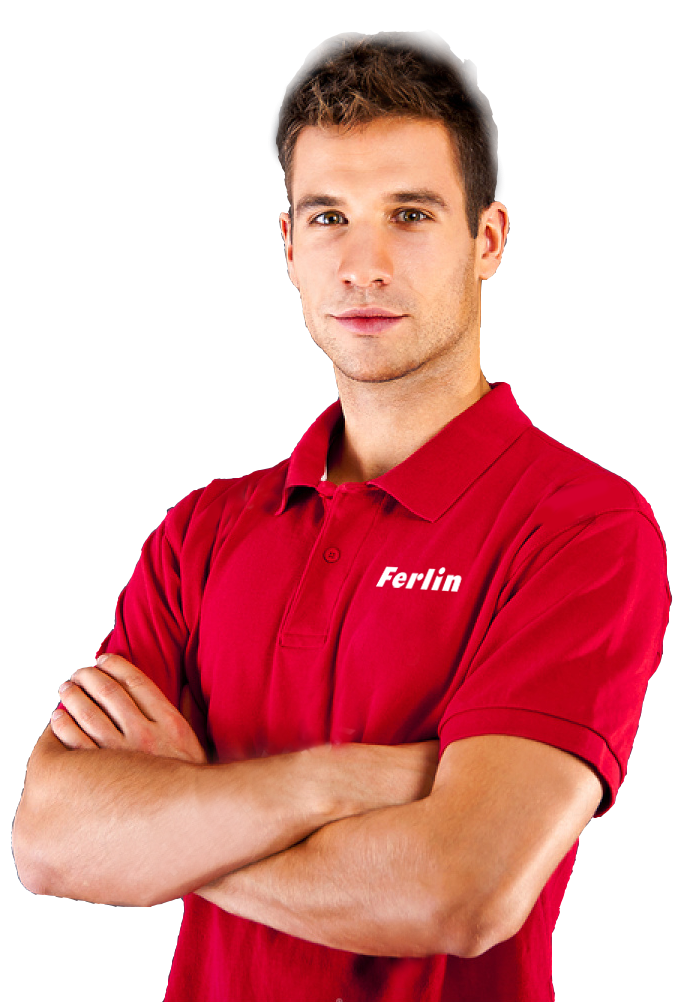A compound is a composed material that is made on the basis of customer-specific requirements. Usually, additives such as UV stabilisers or release agents are included, and the compound is made in the right colour. The advantage for a plastics processing company is that they no longer have to worry about the dosage of different materials. Also, sometimes complicated materials cannot be created in any other way. However, there are also reasons to stop using compounds. In this article, we will give you 5 reasons to start dosing yourself again.
Save money
First of all, it saves a lot of money when compounds are not used. The kilo price of a compound is often many times higher than the kilo price of normal material. Economic Therefore, there are important reasons to stop using compounds.
Decrease in total value of stock
Secondly, by not using compounds, the total value of the stock decreases considerably. Instead of stocking all kinds of compounds in colour, you can now choose to only stock the basic raw material in large quantities. For example, if you want to have 1000 kg of the same product in stock, but in four colours, you no longer need to have 1000 kg in stock four times. Only the basic raw material needs to be in stock, and the colourants can be kept in stock in a much smaller quantity. This, together with a much lower price per kilo, means that there is less money on the shelf. There are, therefore, several logistical reasons not to use compounds anymore.
More flexibility
Thirdly, by stopping the use of compounds, you create much more flexibility. If, for example, you want to add colour, you only have to look for a masterbatch in the appropriate colour. Having a compound made often has a much longer delivery time, which in turn increases the time-to-market. When later additions, tops and tails or side strips are brought back into the process, it is also easier to add an extra additive, such as a release agent or UV stabiliser. After all, if you don't know what went in the first time, you don't know what to add the second time.
Better reproducibility
Fourthly, stopping the use of compounds ensures better reproducibility. The moment you know exactly what went into it, it becomes easier to reproduce a product. In other words, suppose I switch on a machine two weeks later with the same settings; how big is the chance that I will get the same end product? Of course, other factors also play a role here that influence the injection moulding process, but the method of dosing also has something to do with this.
Improved traceability
Finally, when one stops using compounds and switches to self-dosing, one can also obtain better proof of the materials that have been dosed. This is a very important issue for many industries. Think of the health/medical, automotive or food sectors. It is becoming increasingly important to be able to trace what has been used and in what proportions. And don't forget the increasing use of sustainable materials such as PCR, which will also result in more and more requirements in terms of minimum use. A better burden of proof can only be obtained by improved traceability.

